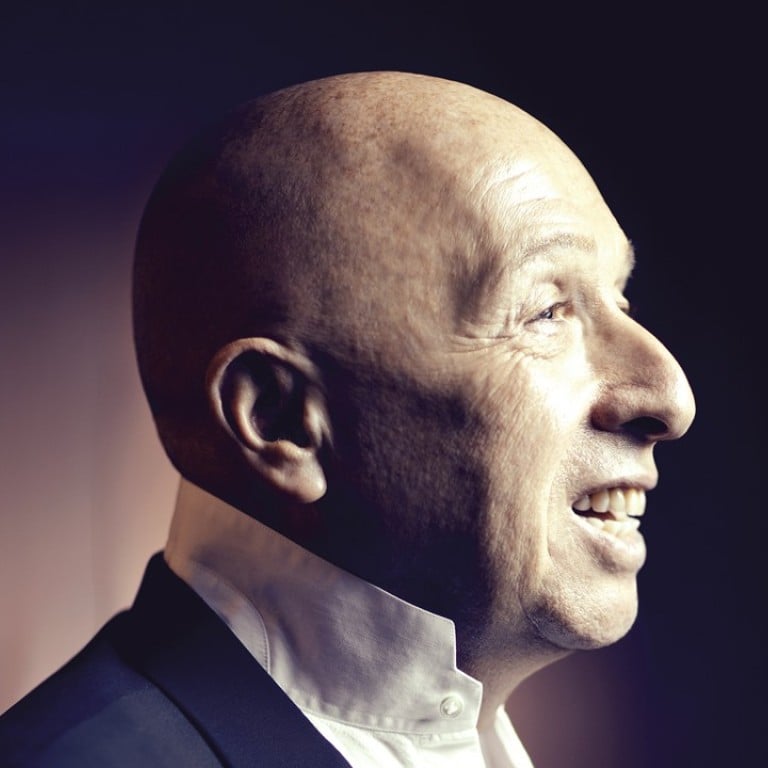
Allan Zeman, the Hong Kong entrepreneur who is more than a ‘mouse killer’
Credited for famously turning around Ocean Park and beating off the threat from the Disney park in the last decade, the entertainment tycoon has left in his wake a generation of businesspeople who owe their start to a man who values hard work and creativity
Behind his desk in an office filled with a haphazard array of art, photos and awards, there are two photos of Allan Zeman shaking hands and chatting with Chinese President Xi Jinping, a testament to his outsized influence in the Hong Kong business circle. In the photos, Zeman didn’t change his trademark look – bangles on his right arm and open neck shirt with upturned collar – that sets him apart from other businessman in Asia, even when it was meeting the Chinese leader. It is always, for him, the business that matters.
Born in Germany and raised in Montreal, Allan Zeman likes recounting his early childhood work history. By the age of 10, he had his first job delivering newspapers. By 12, he was bussing tables in a restaurant, where he learned about hustling for tips. He also developed a love for eating out – able to afford a restaurant rather than taking a packed lunch like other kids.
In his story, there is the hint of a personal philosophy: teachers and books don’t necessarily have the answers – you need to work, learn practical lessons, and apply those lessons as you go.
By the time Zeman was 19, he had dropped out of college and famously amassed his first million dollars by selling women’s lingerie. “He wasn’t caught up in what university you went to; in his mind, having no experience was better than having a lot of the wrong experience,” said Bruce Rockowitz, one of Zeman’s long time friends and business partners.
“Billionaires will take themselves so seriously, but Allan doesn’t take himself too seriously; his work, yes,” said Richard Feldman, chairman of the Mimosa Group, which runs bars and restaurants in Lan Kwai Fong, Hong Kong’s central bars and entertainment district.
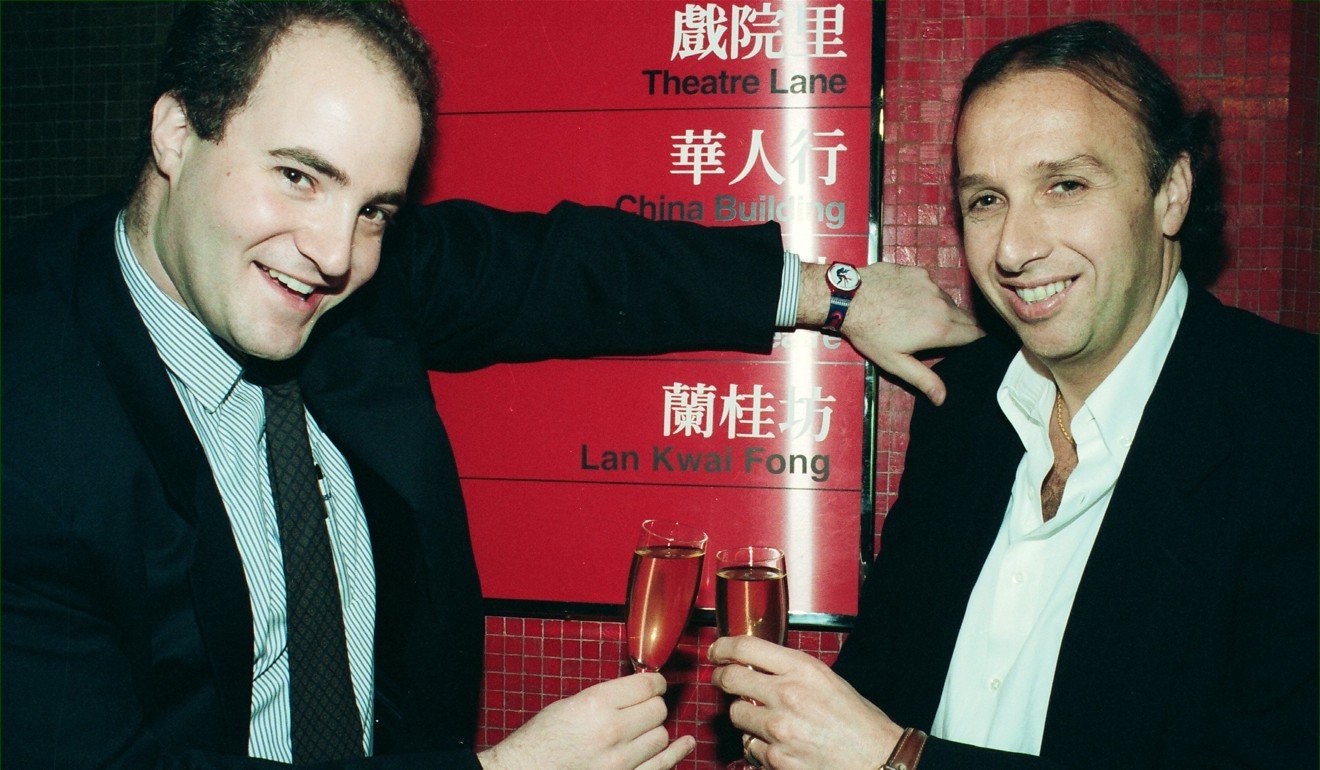
By the 1970s, Zeman had already moved to Hong Kong to be closer to the source of his clothing, which was then sold to Canada. It was around 1980 that he met Rockowitz, then a young tennis player touring Asia. After the second meeting, Zeman hired him. Rockowitz was in his early 20s, Zeman his early 30s.
Rockowitz says taking a chance on young people with a big idea and a willingness to work has become one of Zeman’s hallmarks. He has remained connected to Zeman over the years, most recently as fellow board members on Wynn Macau casino.
Simon Squibb, who has recently returned to his native UK, landed in Hong Kong 20 years ago with his entrepreneurial dreams. Squibb had the idea to put ads on beer mats and coasters in bars, and approached Lan Kwai Fong Group’s marketing department. During the meeting, Zeman popped in, by chance meeting Squibb and hearing the proposal.
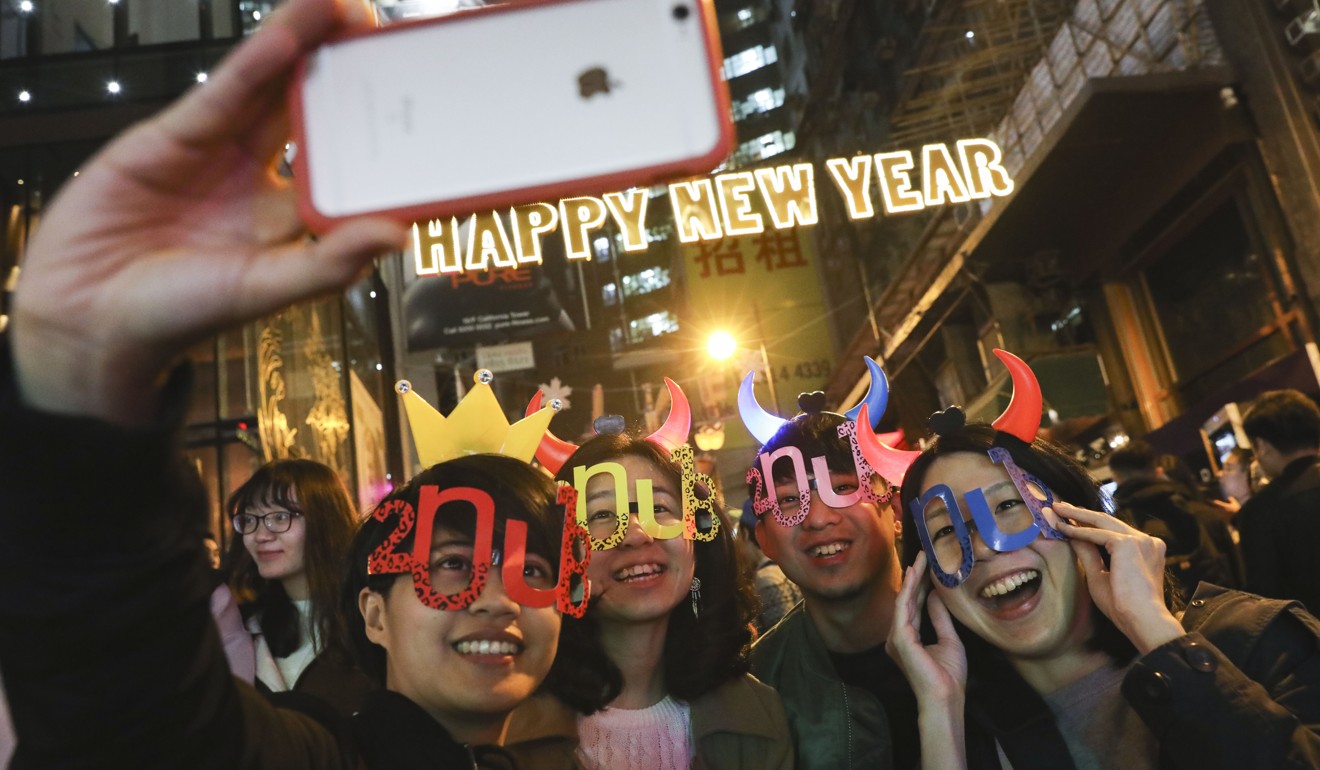
That support helped Squibb build up his advertising agency (later sold to PwC) and then to establish Nest, a venture capital firm, and Metta, a popular club for entrepreneurs in Hong Kong. Zeman has invested in both, with Metta taking a whole floor of the new California Tower in Lan Kwai Fong.
Contrary to his carefully cultivated look of relaxed elegance, Zeman is known for being hands on, working long hours, being teetotal, and for a signature style of work.
From 1981 to 2000, Zeman and Rockowitz were partners and later co-owners of Colby Group Holdings, a garment trading company.
But while Rockowitz stayed focused on the garment business, Zeman was adding more businesses to his expanding portfolio, starting in the Lan Kwai Fong district. What followed is now one of Hong Kong’s most famous makeover stories.
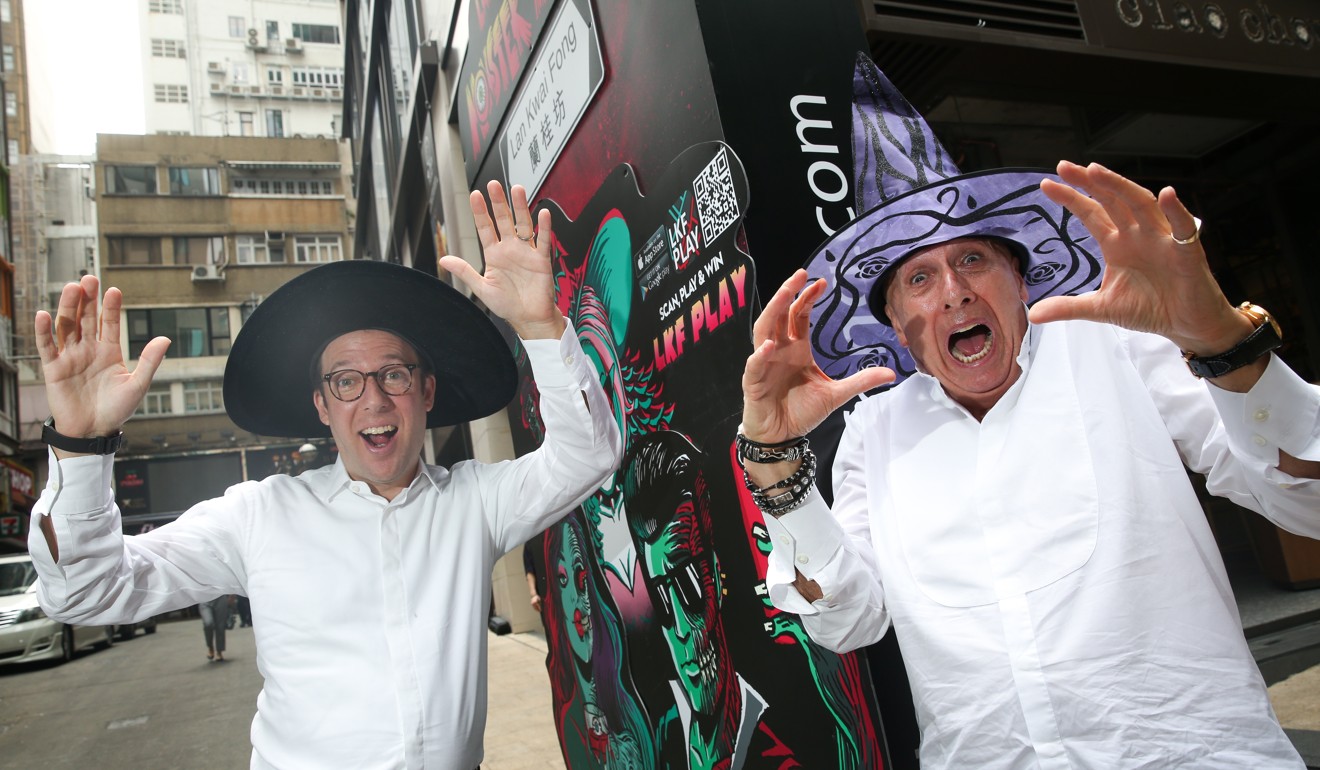
He also financed the Lan Kwai Fong Association, a collection of businesses and tenants to work as one on things such as garbage collection, street lighting, and street festivals, as well as marketing the area.
“Allan has a clear vision of what he wants, and a clear vision of where his support is needed,” says Feldman, who was chairman of the association for 10 years.
Leaving the garment trade
In 2000, Zeman and Rockowitz sold Colby to competitor Li & Fung for HK$2.2 billion (US$280 million at current rates) in cash and stock. Rockowitz stayed on with Li & Fung, while Zeman left the garment business behind.
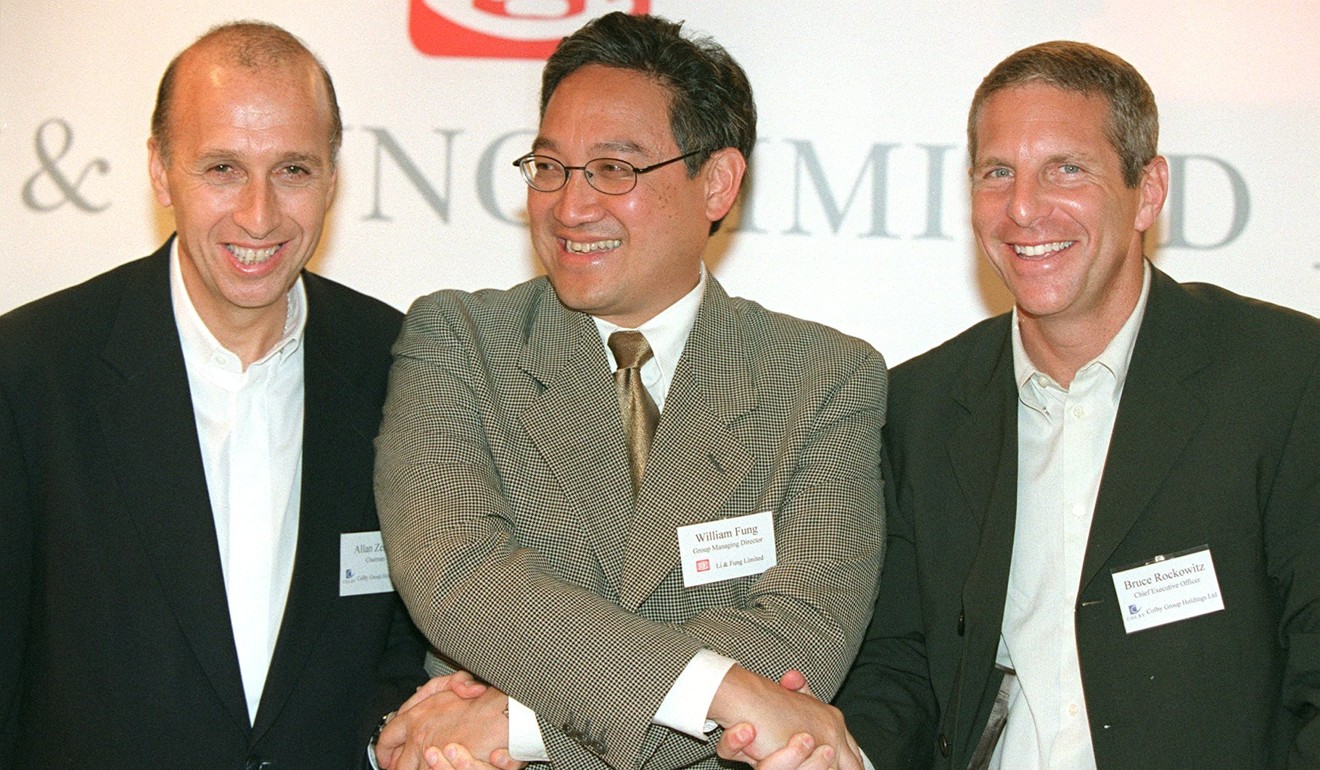
Though Zeman himself says his days of dressing up and hanging from helicopters are mostly over, he’s still willing to put on a costume. “Most people don’t have the guts to do it,” he says. “I do it because it makes people laugh … it’s not something I look forward to.”
While Lan Kwai Fong still retains its cache as a party place, Hong Kong has moved on from those early years, with F&B outlets spread all over the city, often in search of lower rents. In recent years, Zeman and his Lan Kwai Fong Group have expanded their business to include a Lan Kwai Fong-themed district in China’s southwestern city of Chengdu.
A foray into Shanghai, the 460,000 square metre Dream Center, includes spaces for commercial offices, entertainment and F&B, retail, and a 38,000 square metre “creative arts area”. LKF Group was one of three original partners; another of the three, DreamWorks Animation, has since pulled out. In a 2017 interview, Zeman characterised DreamWorks’ involvement as “passive investor”, and that the enormous project would go ahead. Beijing-backed China Media Capital is the third investor.

To this day, Zeman is a yacht owner, with a large boat based in Phuket, and in Hong Kong, he owns Way Foong, a restored luxury cruiser from the 1920s that used to be at the disposal of the chairman of HSBC when visiting Hong Kong.
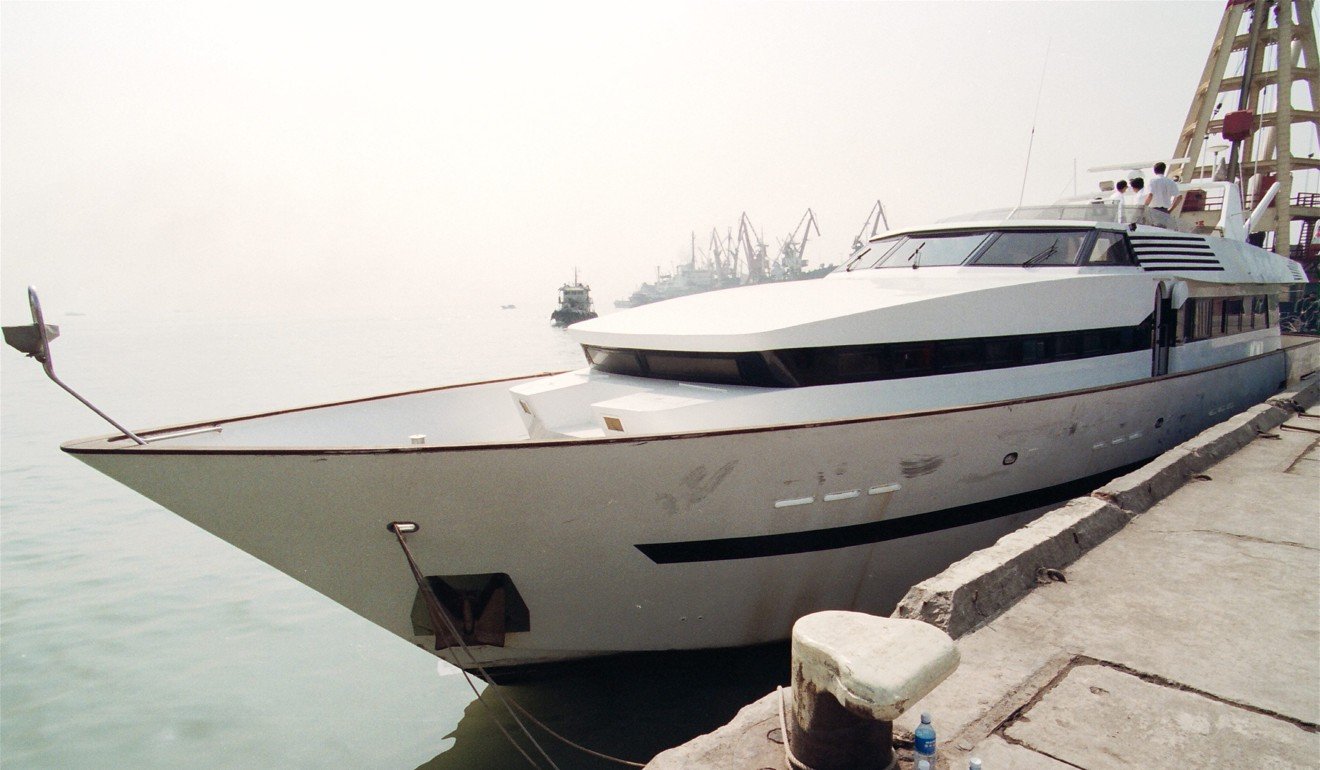
LKF Group has also invested in resorts and villas in Phuket, a favourite getaway destination for Hongkongers. The Andara Resort includes villas and suites on Phuket’s west coast, and includes charter access to two large Baglietto yachts. Zeman hints that the Andara brand will be rolled out into other cities.
Ocean Park
But what has made Allan Zeman such a household name in Hong Kong is his storied tenure as chairman of Ocean Park. In 2003, he was appointed by then Chief Executive Tung Chee-hwa at a time when Disney threatened, SARS was on, and tourism numbers were at rock bottom. It would have seemed a doomed assignment, but Zeman decided to take the job after repeated entreaties by Tung.
“I thought he was out of his mind,” Zeman recalls. “But CH was a friend, and the government was in a pinch.” Zeman shook up the park’s management, recruited top tier talent and used Ocean Park’s incredible surroundings to its benefit, refusing to copy the Disney approach.
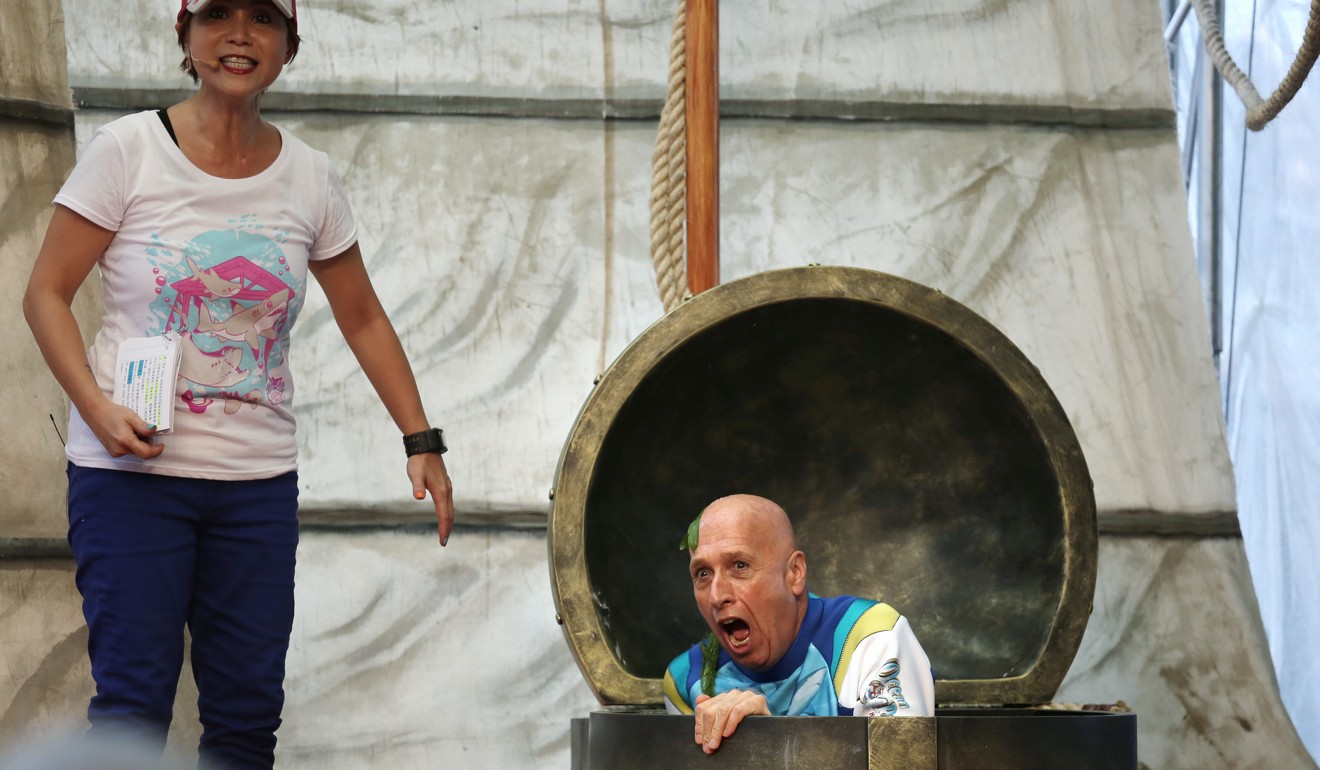
I was there as an icon for the park, dressing up in all these silly costumes that I didn’t enjoy. You can’t always enjoy it. It was free advertising for the park, and we didn’t have the money that Disney had
“I was there as an icon for the park, dressing up in all these silly costumes that I didn’t enjoy. You can’t always enjoy it. It was free advertising for the park, and we didn’t have the money that Disney had.” He recounts how he and Andy Lau did a helicopter landing dressed as Eskimos to promote a new exhibition, in front of then-Chief Executive Donald Tsang Yam-kuen.
The results of Zeman’s bold moves were quickly apparent. By 2007, Forbes magazine dubbed Zeman “Hong Kong’s Mouse Killer”. By 2014, when Zeman stepped down from the chairmanship (he said at the time that he was pushed out), visitor numbers in 2016 had reached nearly 8 million, up from just under 3 million in 2003. A HK$4 million deficit had turned into HK$127 million surplus.
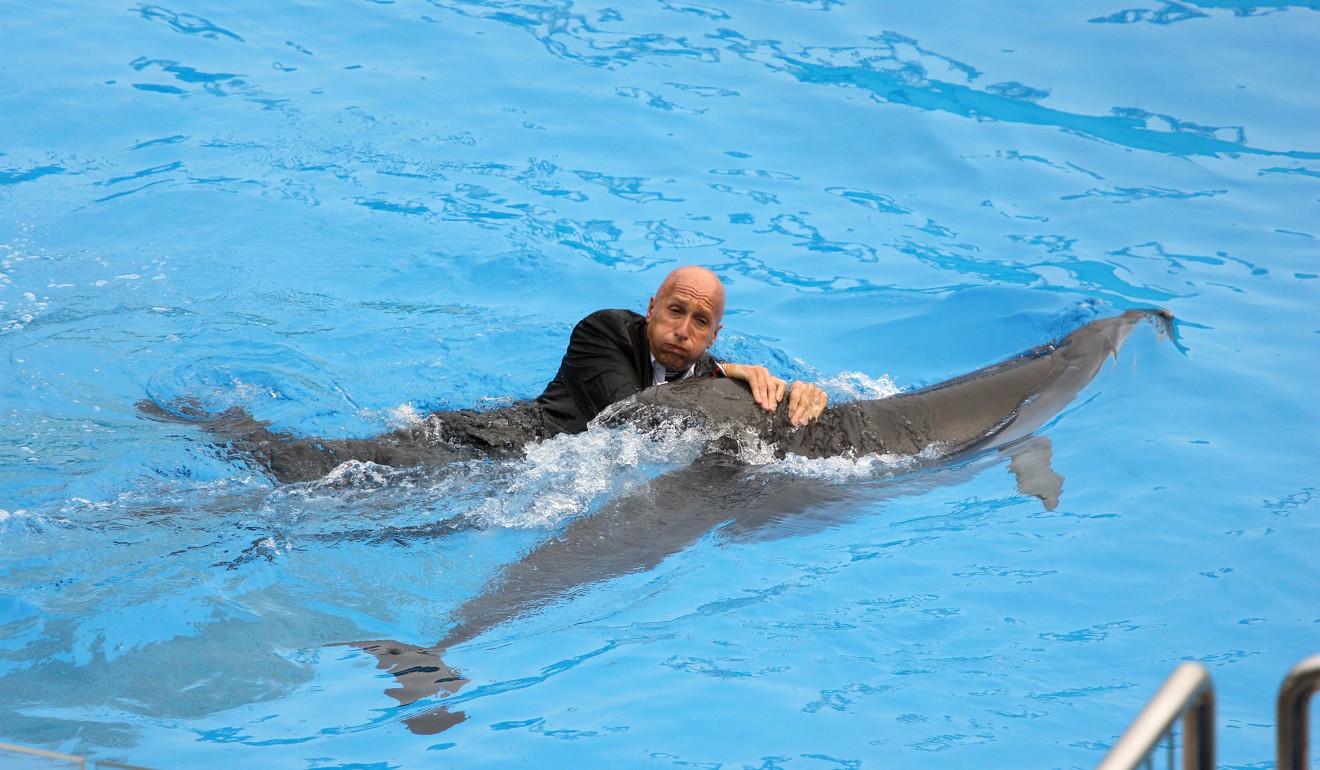
The reasons for the success? “Have a good team with good vision. Always come up with something exciting, something new. In that kind of business, people are always looking for something new.”
Ocean Park made the news this year when the Hong Kong government’s latest budget revealed a HK$310 million bailout to the park, which has lost money for the last two years in a row. Zeman remains circumspect about the park’s current difficulties, suggesting that new rides and attractions are on the way, which will reignite interest.
The Hong Kong government has decided to make tourism a major business pillar, with numerous mega projects such as the West Kowloon Cultural District, Kai Tak cruise terminal and to a lesser extent, Disneyland.
Zeman was on the board of the West Kowloon Cultural District Authority for 12 years. “Right now, the hardware is being built. When it’s the hardware, people don’t pay attention. Once the content comes, you’re going to see people get excited,” he says of the enormous project. “What makes London, what makes New York? You go to Broadway, you see the shows. You go to London for the same things. That’s missing, a lot, in Hong Kong.”
He says he gets approached all the time for many things, and is currently working with Carrie Lam on an innovation and technology committee, which he may join.
Property, start-ups and young people
Though Zeman admits that property is the main source of his revenue these days, his passion for tech is apparent, and his love of all things youthful and energetic hasn’t waned.
“For me, it’s about start-ups and young people.” Zeman decries Hong Kong’s high property prices (though as landlord, he certainly benefits), as the city’s most serious problem and calls for “hard decisions to be made”.
Allan has a clear vision of what he wants, and a clear vision of where his support is needed
He points to the small-house policy in the new territories as something that the government needs to urgently address, and he has pointed to the need for more expenditure by government on innovation and technology. He looks forward to the growing integration of Hong Kong into China, pointing to the forthcoming bridge connecting Hong Kong to Zhuhai as an opportunity for people to own homes there and work in Hong Kong.
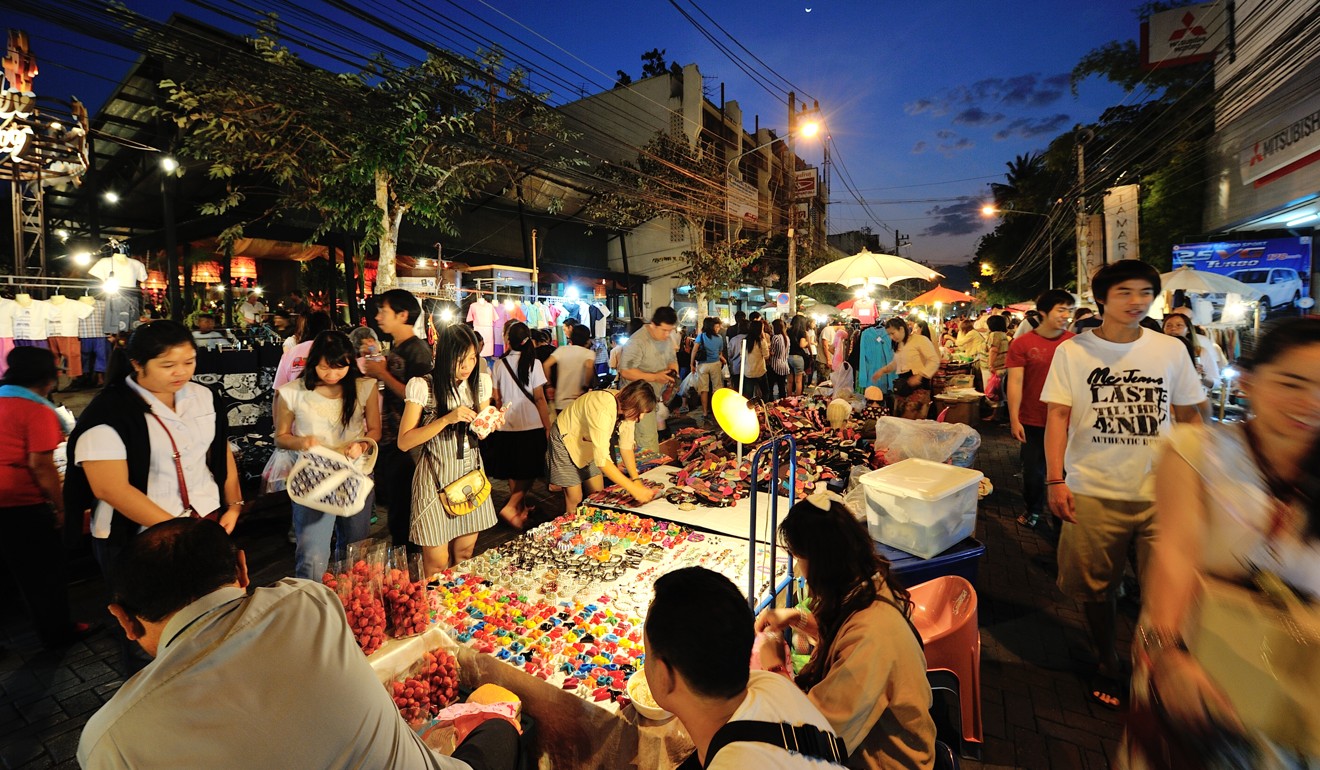
The start-up scene is what really gets his attention – it is the subject for which Zeman could talk for a long time, if you let him.
“People say that young people in Hong Kong are not industrious – that’s balls.”
People say that young people in Hong Kong are not industrious – that’s balls
Through his investments in Nest and Metta, he keeps in contact with Hong Kong’s start-up community. “I can see people working at desks at Metta, people from different industries, all networking and bouncing ideas off each other. It’s a whole new world.” He also estimates that he’s invested in about 10 start-ups of his own.

A citizen of China
In keeping with his adoption of Chinese citizenship, Zeman is outwardly very positive about China’s prospects under President Xi, even with the move to end term limits. “He’s a brilliant man, and I think having him in China brings stability – the confidence of outside investors.”
One division of LKF Group, LKF Capital, is working on an Israeli-China investment fund to bridge the two countries and provide tech funding. According to Zeman, the demand from Israeli companies to access China’s markets mean they come to him for advice, while Chinese companies are keen to get involved in Israel’s technology sector.
Zeman describes himself as a perpetual optimist. “I believe that if China keeps going the way it’s going, they will rule the world – not in a negative way – in the next 20 years.” Whether that’s Zeman the showman or not is hard to say. But the rush of China’s technology scene and the desire to develop more technology in Hong Kong is forefront on his mind.
(The full version of this article is published in the April issue of The Peak magazine, available at selected bookstores)

